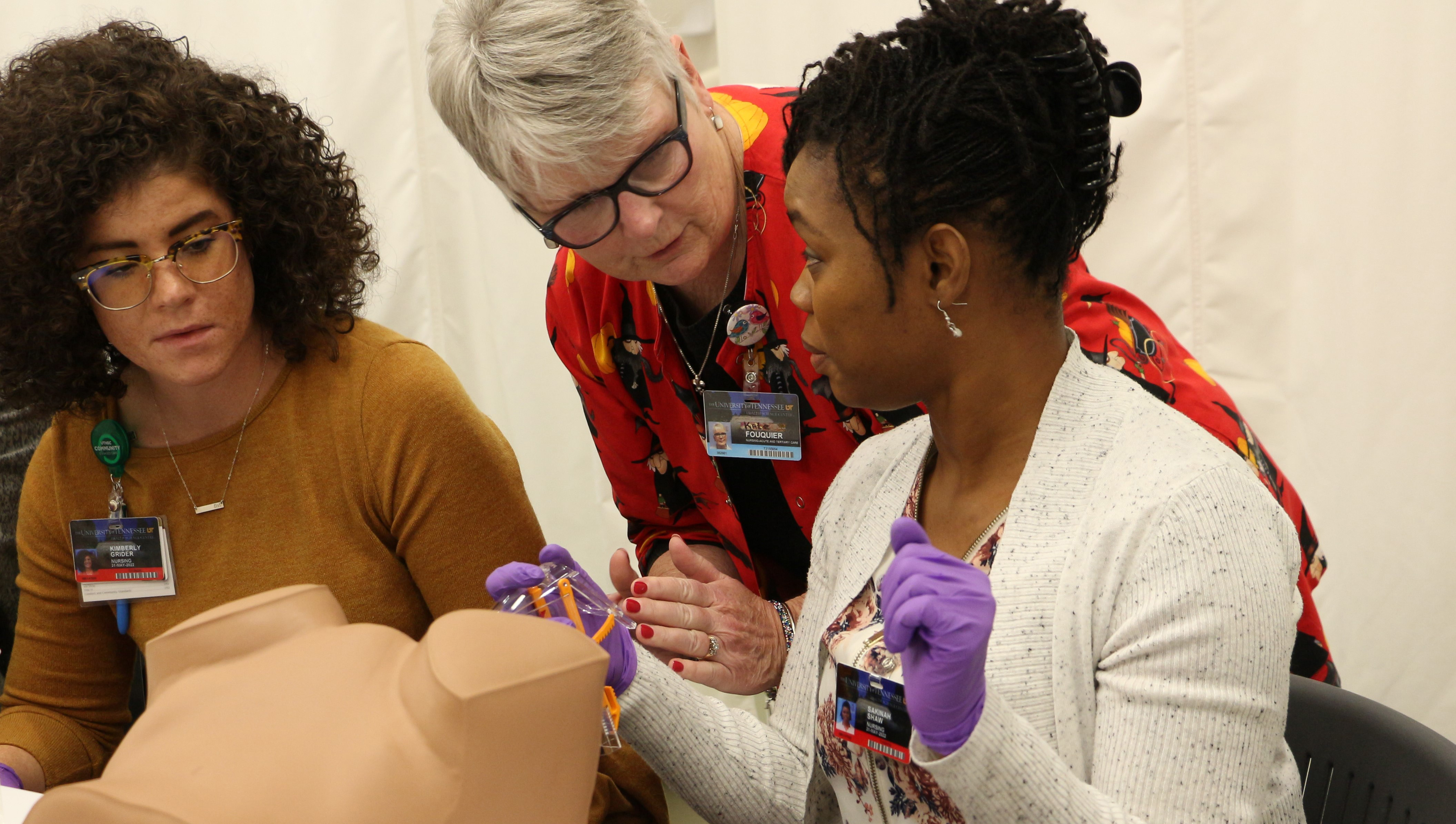DOI
10.21007/con.dnp.2022.0038
Faculty Advisor
Dwayne Accardo, DNP, CRNA, APRN
Subject Matter Expert
Dwayne Accardo, DNP, CRNA, APRN
Document Type
Poster
Publication Date
Spring 5-1-2022
Disciplines
Analytical, Diagnostic and Therapeutic Techniques and Equipment | Anesthesia and Analgesia | Anesthesiology | Health and Medical Administration | Health Services Administration | Health Services Research | Investigative Techniques | Medicine and Health Sciences | Nervous System Diseases | Nursing | Nursing Administration | Perioperative, Operating Room and Surgical Nursing | Quality Improvement | Surgery | Therapeutics
Abstract
Purpose/Background Postoperative delirium (POD) is an acute neurological condition affecting large numbers of surgical patients in various practice settings. Patients suffering from this condition face postoperative complications, increased lengths of stay, and tremendous financial burden. Understanding the contributing factors for POD, and how adjustments in intraoperative agents can prevent or reduce the incidence, is a crucial aspect of anesthesia practice. This scoping review will examine associations between POD and the intraoperative use of propofol versus dexmedetomidine with general anesthesia.
Methods Studies in this review were limited to peer-reviewed literature, published in medical and nursing journals within the last five years. All studies were in English and consisted of randomized controlled trials, systemic reviews, and meta-analyses. The studies compared a cohort of participants who received dexmedetomidine versus the mainstay agent, propofol, in the development of POD. Limitations were placed to assure that evidence was current, high quality, and relevant to the objectives.
Results Nine of the ten studies used in this research favored dexmedetomidine use over propofol in the reduction of POD. The one study excluded had equal occurrences of POD in both propofol and dexmedetomidine groups. The use of different levels of evidence in this research provides significant results for advocating for the use of dexmedetomidine over propofol in the reduction of POD.
Implications for Nursing Practice Dexmedetomidine has multiple promising implications for enhancing nursing practice. Unlike propofol, dexmedetomidine possesses analgesic properties, promoting postoperative recovery. Other advantages include reliable neurologic assessments, decreased POD, earlier extubation, decreased opioid administration, and earlier ambulation. These combined factors result in decreased overall length-of-stay and enhanced cost-effectiveness. If continued research supports these findings, future recommendation changes may suggest incorporating dexmedetomidine as the new standard of care for anesthetic protocols.
Recommended Citation
Burnett, Jaclyn RN, SRNA; Betts, Montana RN, SRNA; De Ochoa, Christhian RN, SRNA; Chec, Maciej RN, SRNA; and Accardo, Dwayne DNP, CRNA, APRN , "Dexmedetomidine vs. Propofol in Postoperative Delirium Prevention" (2022). Doctor of Nursing Practice Projects. Paper 38. http://dx.doi.org/10.21007/con.dnp.2022.0038.
https://dc.uthsc.edu/dnp/38
Included in
Anesthesia and Analgesia Commons, Anesthesiology Commons, Health Services Administration Commons, Health Services Research Commons, Investigative Techniques Commons, Nervous System Diseases Commons, Nursing Administration Commons, Perioperative, Operating Room and Surgical Nursing Commons, Quality Improvement Commons, Surgery Commons, Therapeutics Commons


